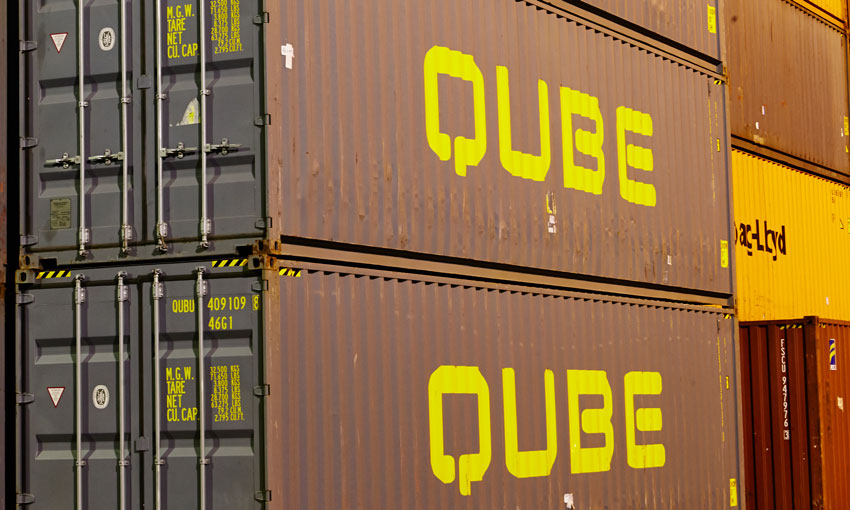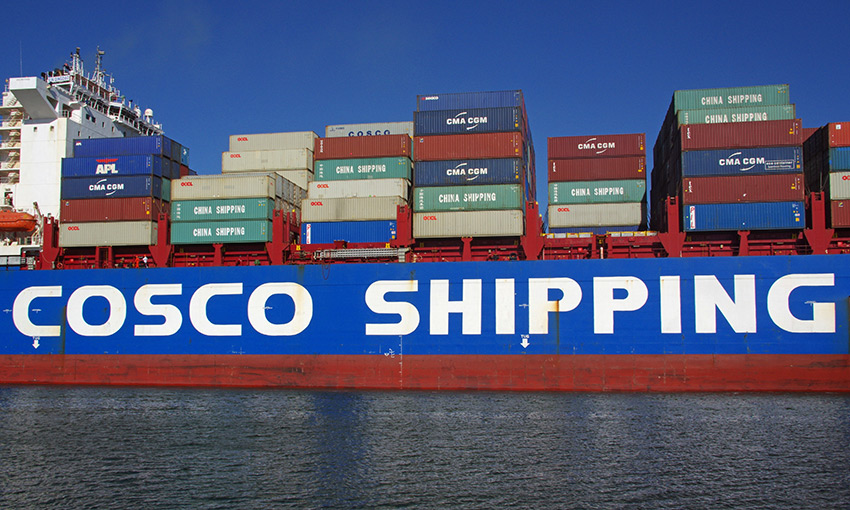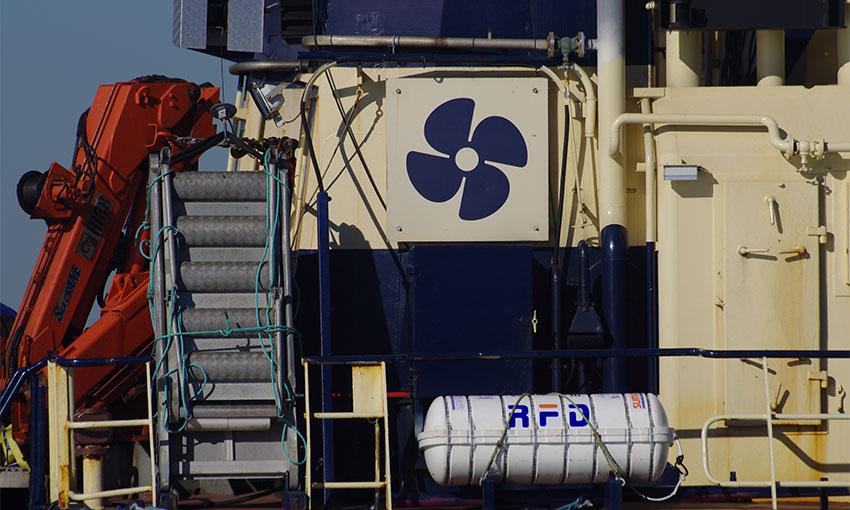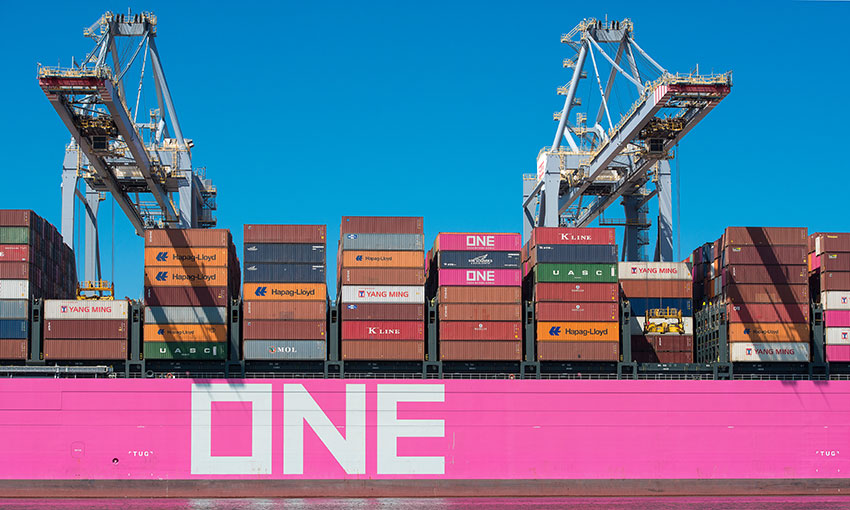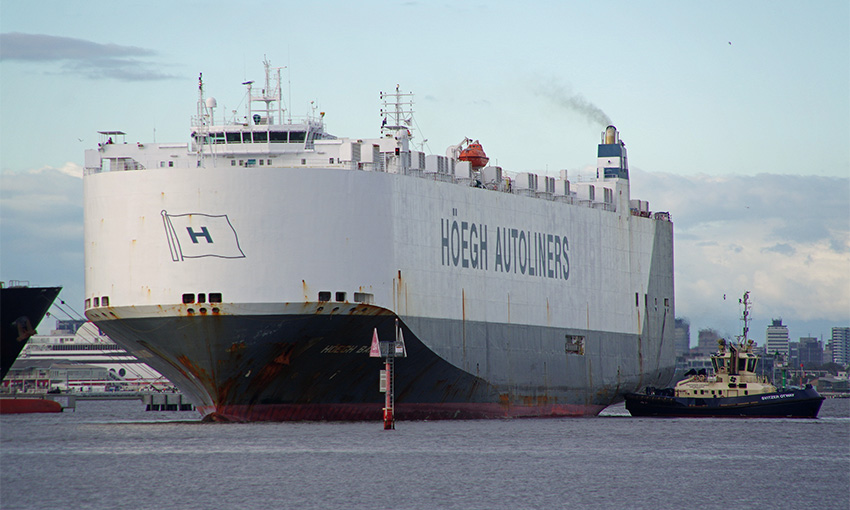QUBE Holdings reported a dip of 2.6% in profit to $56.3 million (NPAT) for the first half of the 2022 financial year.
At the same time, the company reported a 26.7% increase in revenue to $1.19 billion, compared with the first half of the 2021 financial year.
Qube’s operating division delivered high volumes in the half year across most parts of the business including containers, grain, machinery, steel, general cargo, iron ore and other bulk commodities.
Qube’s acquisition of the Newcastle Agri-Terminal and AST Logistics contributed to the volume increases in grain and containers.
Qube managing director Paul Digney said the results were strong in the face of COVID uncertainty and global supply-chain disruptions, validating Qube’s diversification strategy.
“For example, the top 10 logistics and infrastructure customers represent around 10.6% of the operating division’s total revenue and included retailers, manufacturers, food processors, grain traders and shipping lines,” he said.
“And the top 10 ports and bulk customers represent around 19% of the operating division’s total revenue and include mining, energy and resources companies.”
Mr Digney said this has meant Qube has weathered the economic impacts of COVID and emerged with a positive earnings outlook in all sectors of the business.
“Qube is also well placed to manage any emerging inflationary pressures including through contractual protections, ongoing productivity initiatives to increase efficiency and reduce costs and pro-active engagement with customers to review their broader logistics supply-chain requirements,” he said.
The ports and bulk part of the business saw “reasonable” earnings growth, given the challenges impacting parts of the business.
All regions saw growth, but Western Australia and the Northern Territory saw the largest growth. Qube said this reflects the contribution of new contracts, partly offset by lower voluems due to labour shortages and border closures.
COVID-19 has impacted the company directly from a financial perspective through higher operating costs, labour shortages and lower volumes in some locations, including due to lockdowns.
Mr Digney said as the Omicron wave hit in late December and early January, at times up to 50% of its workforce was absent.
“It was a challenging time, but we kept the business running and most of, if not all of our revenue intact,” he said.
Patrick
Mr Digney said the six months saw solid results from Patrick despite vessel scheduling issues and industrial relations issues.
Over the six months, Patrick’s volumes were flat compared with the first half of FY21. This resulted in a market share decline from about 44% for the rolling three months to June 2021 to about 42% for the rolling three months to December 2021.
Despite the flat volumes, the underlying contribution from Qube’s 50% stake in Patrick was $23.5 million NPAT – an increase of 12.4% on the first half of FY21.
Over the first six months of FY22, Patrick renewed two contracts which secures some future volume and revenue. These two renewals are in addition to agreements already in place with two customers that run to December 2023.
Patrick earlier this year announced increases to its landside and ancillary charges, to take effect on 7 March. The company said the increases would help to generate “reasonable returns on its significant investment in infrastructure and equipment to improve the overall efficiency of the supply chain through its terminals”.
Moorebank
In December, Qube completed the sale of its property components of the Moorebank Logistics Park. The company is to continue to remain involved in the Moorebank project thorugh its ownership and operational role in the MLPL IMEX Terminal and the MLP Interstate Terminal, as well as thorugh its warehouse and logistics operations at MLP.

